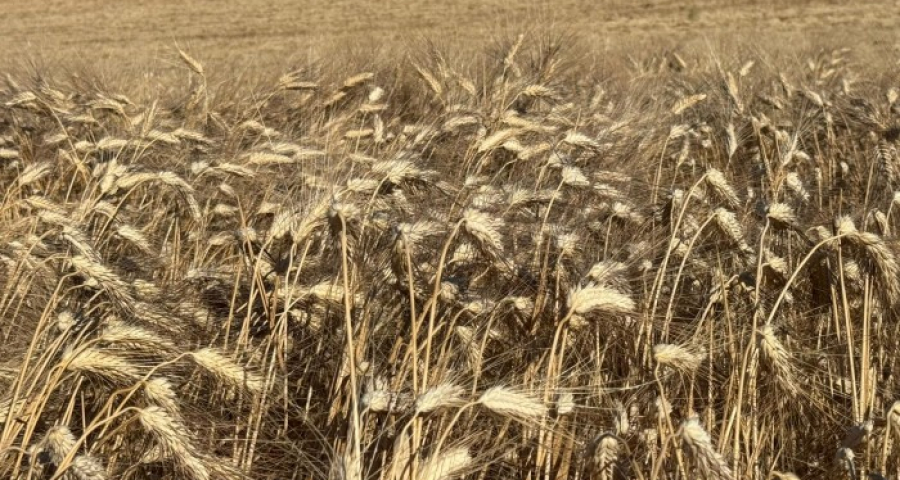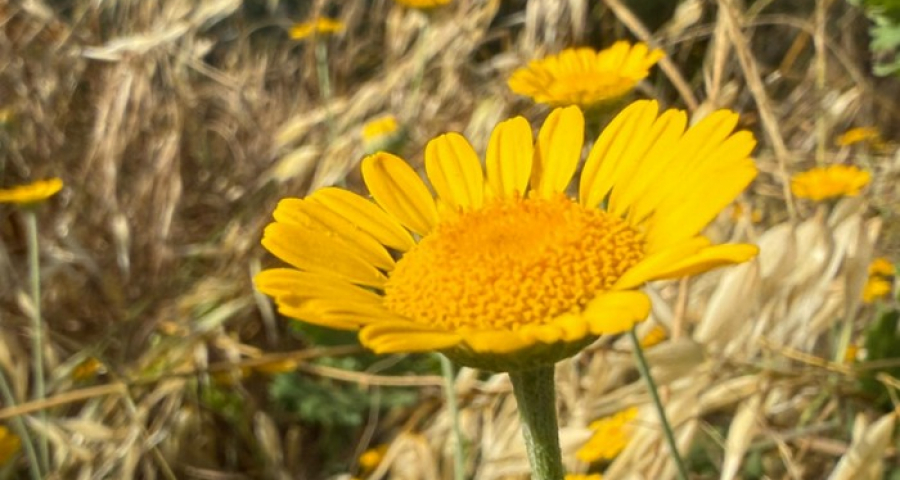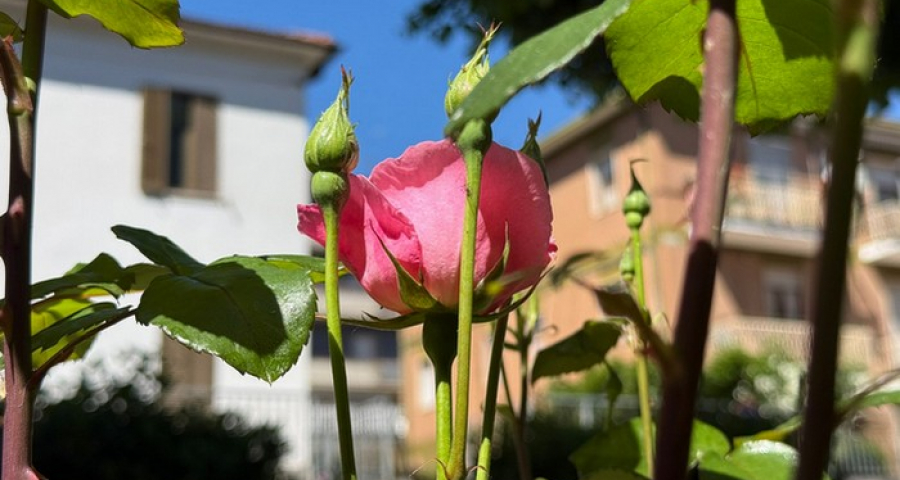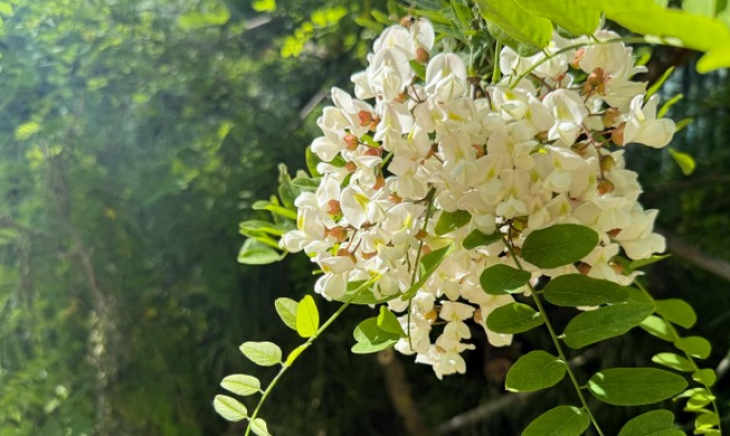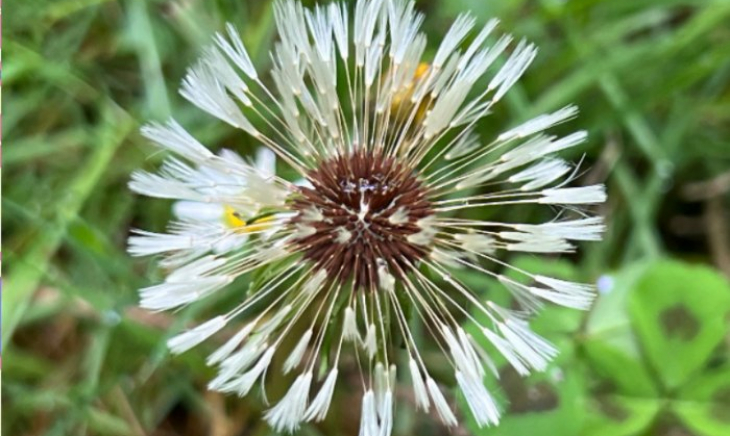Economy of Joy 5/ - The Holy Year as a favorable time to remember our own liberation and become liberators for others
by Luigino Bruni
published in Avvenire on 06/05/2025
Freedom is a special good. We love many things, but what we love is beautiful and good if and because we are free. And if we are not free, we sacrifice all other goods, even our lives, to become free, even though we know that we will never become fully and definitively free, because the journey of existence is a continuous passing from one liberation to another. There is, in fact, a deep connection between freedom and liberation. Even if we are not always aware of it, what we experience as freedom—freedom of, freedom from, freedom for, freedom with...—is the result of a liberation, of many liberations. We are free because we have been liberated, starting with that first wonderful and essential liberation from the womb, continuing with the many liberations of childhood and youth (from ignorance, economic, material and emotional dependence). Then, throughout our lives, liberation takes the form of escaping the 'traps of poverty' where the hand of life, of others and/or our own hand lead us. Until the final liberation at the hand of the angel of death. One day in our adult lives, we discover that the nostalgia that surprises us on some evenings, or that creeps into a recurring dream, is nothing more than a deep desire for liberation. We find ourselves longing to be freed by someone. And finally we understand that even in what seemed to us, and perhaps were, self-liberations, there was, invisible, the presence of another hand supporting ours: “The drawbridge is on the other side, and it is from the other side that they must tell us we are free” (Jacob Taubes). The essence of faith lies in the awareness, or at least in the hope, that not only life is a gift, but freedom is too. And this is true even when it is the hand of a real person that has freed us, or when we have freed ourselves—this “second-degree liberation,” which attributes our liberation to God, is a collateral gift of the gift of faith, because it frees us from the great spiritual and moral debts we owe to our earthly liberators: we are grateful to them, but we do not feel indebted to them. Feeling liberated then frees us from the pride—hybris—of self-sufficiency and omnipotence of our own hands, which is becoming the most widespread religion of our time, where the ego becomes the only believer, priest, and god. The capitalist market loves this new mass 'religion', which in the West has already taken the place of Christianity.
Liberation is also the other name for the Jubilee and the sabbatical year that is its root. Liberation of slaves from their masters, of debtors from their creditors, of the earth from our yoke. In the Bible, behind every liberation there is always an echo of the great liberation from slavery in Egypt. Every Shabbat is a memorial of that liberation. In every sabbatical year and every Jubilee, Moses lives again, the sea reopens, and the people are free once more and see the first glimpse of the promised land on the deep horizon. The entire Bible speaks to us of the Jubilee; every book is imbued with its spirit. Even the little book of Jonah, where we would not expect it.
Jonah had said no to God's command to send him to Nineveh. He flees, embarking in the opposite direction towards Tarshish. A violent storm breaks out and the ship is about to sink. But, in a phenomenon of 'scapegoating' (René Girard), Jonah is thrown into the sea by the sailors as a sacrificial victim to appease the gods of the waters. The sailors consider him to be the cause of the evil that has been unleashed, and Jonah becomes convinced that he is indeed, because of his disobedience to God, the source of the impending disaster. Jonah ends up in the waves but does not die, because a female fish ('daga' in Hebrew) takes him into her womb and, after three days, brings him back safe and sound to shore. As in the liberation from Egypt, the waters become a place of extraordinary salvation, once again a liberation from death that seemed certain.
The story of Jonah has much to tell us about understanding the culture of the Jubilee. There are two main lessons to be learned. First, while experiencing liberation in the belly of the fish, Jonah prays: “In my distress I called to the Lord, and he answered me; from the depths of the earth I cried for help, and you heard my voice... My prayer has reached you... Salvation comes from the Lord” (Jonah 2:3-10). Jonah, the Bible tells us, was a prophet, so he already knew how to pray. But the first and only prayer we find in his book comes after his salvation from death. So in Jonah's prayer we can find a grammar of the art of starting to pray again after a great trial that had taken away our faith or our prayer, often both. Jonah prays because he has experienced liberation, and then—a sufficient condition—he attributes that liberation to his God. He discovers the face of God as a liberator, and so he calls him by his first name. As adults—Jonah's story is also an initiation of prophets into adult life—many people who had a youth of faith and prayer stop praying; prayer does not return unless one experiences liberation and a liberator. Because after being liberated (from a serious illness, from a seemingly endless mourning, from depression, from consuming remorse...), something truly important begins in the soul, an authentic resurrection. We find ourselves praying without realizing it, gratitude blossoms naturally in prayer from the heart—resurrection is at the heart of the Christian faith because faith and prayer cannot be found without resurrection. When this awareness of having been saved by someone comes into our lives, a whole new and wonderful season of existence begins. True gratitude is born, we understand what gratuitousness is, we discover another kind of reciprocity, and a time of good humility begins, which others recognize even when they are unaware of its roots.
For this reason, the Jubilee can become a time to start praying again, with an adult faith, or to discover new dimensions of prayer. And even if we cannot have this experience of being liberated—these experiences cannot be bought on the market, they cannot be ordered or commanded: they just happen, they are entirely a gift—we can still try two paths that bear the same fruit. The first is to remember the liberations we have experienced in our lives up to now, to encounter at least one, to pass through that door, and to find ourselves in a new time of prayer, or at least of humility. Because remembering a decisive event of yesterday and calling it by its right name (liberation) is like reliving it a second time. The other possibility is to become agents of liberation for others, to try to free someone from slavery. In doing so, we play the part of God, imitating him as liberator. The Jubilee will pass in vain if we do not experience at least one of these liberations, if we do not pass through one of these doors.
Finally, the conclusion of the book of Jonah reveals another important dimension of the Jubilee culture. After Jonah is saved from the fish and prays, he finally obeys God's command and goes to preach in Nineveh to announce to the people: “Forty days more and Nineveh shall be destroyed” (Jonah 3:4). The city—surprising even Jonah, who becomes very angry about this—believes Jonah's words and converts: “They proclaimed a fast, and put on sackcloth, both great and small” (3:5). The king then issues a decree calling for a great general penance of all the people, where we find an extraordinary detail: “Men and animals, herds and flocks shall not taste anything, they shall not graze, they shall not drink water. Men and animals shall be covered with sackcloth” (3:7-8).
Even animals “cover themselves with sackcloth,” so even their penance becomes necessary for conversion and forgiveness. This is a highly prophetic passage, which should speak to us very strongly today, more than yesterday. Animals—and plants and all creation—were not responsible for the sins of Nineveh, just as they are not responsible today for the ecological degradation of our planet. But we will not be able to save ourselves and them without the involvement of all living species in solving the problem. We humans created the problem, but for the sake of objective and real solidarity with all creation, we will not emerge from this very serious environmental crisis unless animals and plants also “put on sackcloth.” Now that evil is common, good must also be common. Those who have attempted a real and serious solution to a collective and communal problem know that analyzing past faults can aggravate the crisis if, one day, all of us together, innocent and guilty, do not decide to 'put on sackcloth' and finally look to the future. This participation of animals in the conversion of Nineveh is a full expression of the culture of the Sabbath: if on the 'seventh day' even animals participate in the rest of creation, if on that day even animals stop working, then the two works and the two destinies are intertwined and inseparable, for better or for worse.
The wonderful news is that animals and plants are already wearing sackcloth. Trees and oceans are absorbing much of the CO2 we produce, thus mitigating the damage that without them would have already made the planet uninhabitable (for us). They, innocent, have already donned sackcloth and begun the penance of the earth: but we humans, when will we don it?







